European Lung Cancer Congress 2022

Perioperative survival after bilobectomy is worse than lobectomy
Although bilobectomy remains a valid procedure, comparatively high mortality rates indicate that cautious use and appropriate patient counselling is required
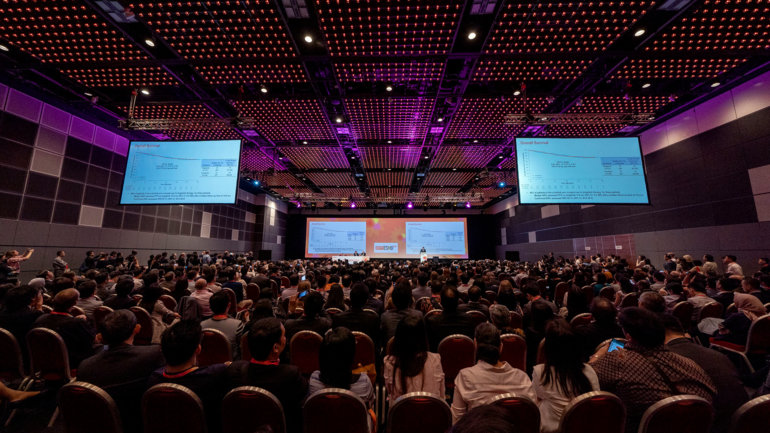
Encouraging safety data for the use of durvalumab after sequential chemotherapy in stage III unresectable NSCLC
Findings from the PACIFIC-6 trial echo the benefits seen with durvalumab after concomitant chemoradiotherapy, representing a potential alternative for vulnerable and older patients
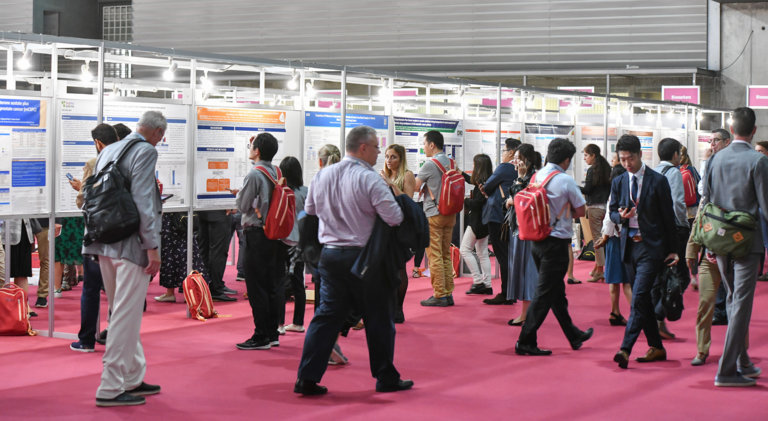
Atezolizumab shows little heterogeneity in efficacy in high PD-L1 expressers with stage II–IIIA NSCLC
Results from the subgroup analysis of the IMpower010 study also report some patterns of relapse that are in contrast with previously presented findings
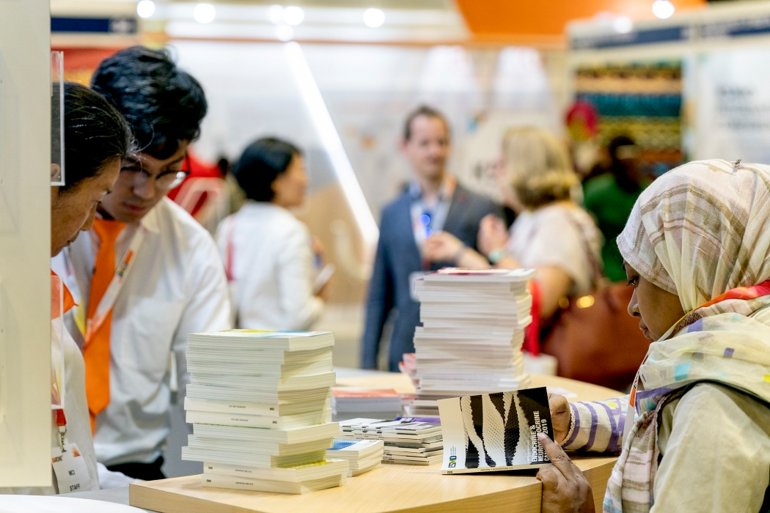
Results for two new third-generation EGFR tyrosine kinase inhibitors do not suggest advantages over osimertinib
Alternatives to osimertinib for first-line treatment of EGFR-mutated NSCLC are explored among Asian populations

Assessing pathological response after neoadjuvant treatment for NSCLC
Much progress has been made in the standardisation of pathological response but optimising viable tumour cutoffs for predicting long-term outcome after different treatment modalities and by histological type remain key areas for investigation

Encouraging results with savolitinib in NSCLC with MET exon14 skipping mutations
Overall survival data are in line with those from other MET tyrosine kinase inhibitors and show promise in a tumour subtype with poor prognosis
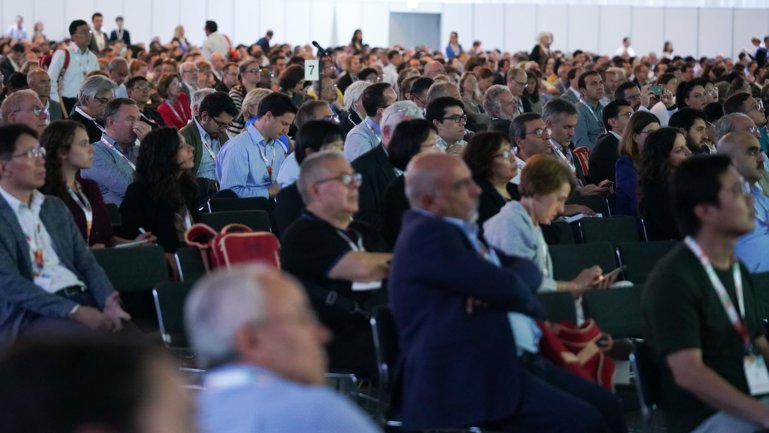
Patient-reported outcomes favour first-line three-drug combination in metastatic NSCLC
Health-related quality of life data from the POSEIDON study support previous efficacy findings for the benefits of a two-agent immunotherapy regimen plus chemotherapy over chemotherapy alone
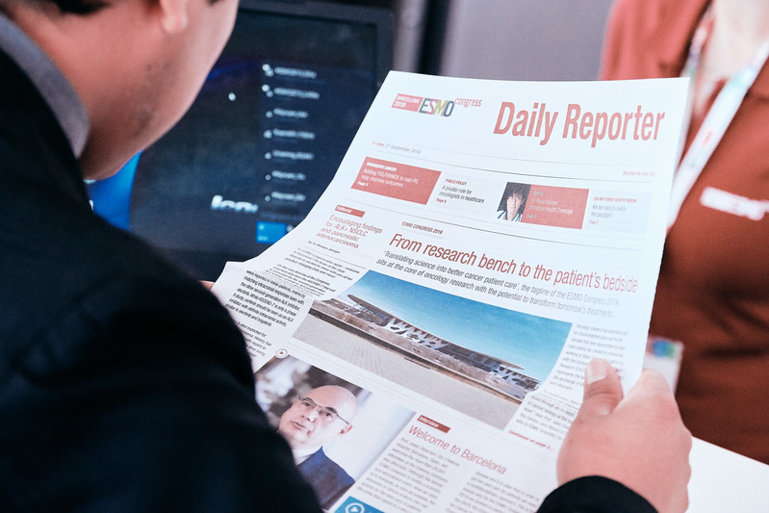
Patient-reported outcomes are essential when their availability is prompt
Patient-reported outcomes provide important information for treatment decision-making but are not generally published alongside primary efficacy and safety data
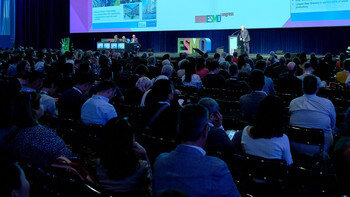
Fred R. Hirsch receives the Heine H. Hansen Award 2022
In his Award Keynote Lecture at the European Lung Cancer Congress 2022, Prof. Fred R. Hirsch describes how ‘the tissue is still the issue’

How long should we give immunotherapy for?
The length of immunotherapy course for metastatic lung cancer was arbitrarily set at 2 years in clinical trials, but definitive studies investigating the optimum duration against the risk-benefit profile are lacking


